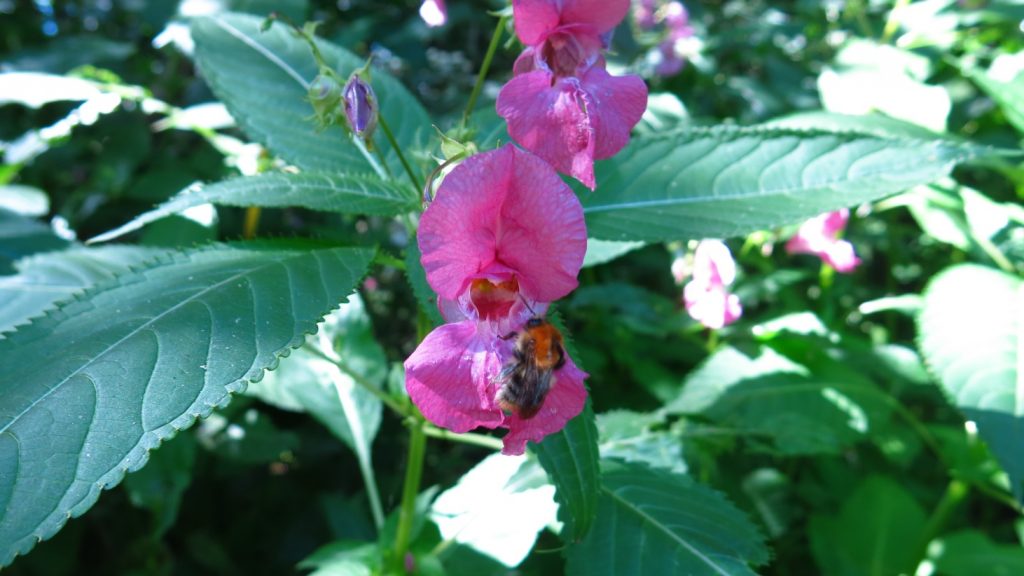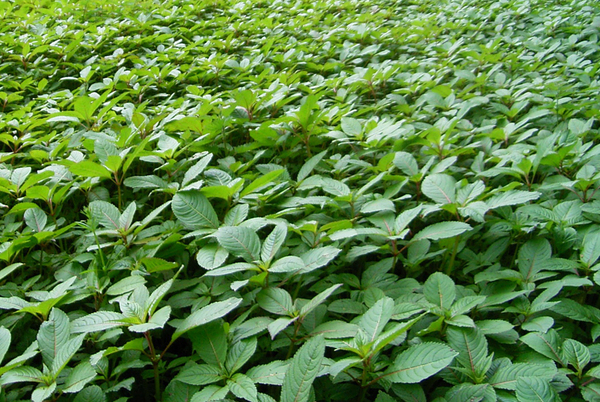Enlisting microbes to enhance Himalayan balsam biocontrol
Building on CABI research into the biological control of Himalayan balsam (Impatiens glandulifera) using a rust fungus (Puccinia komarovii var. glanduliferae), a Natural Environment Research Council (NERC) funded collaboration between Royal Holloway, CABI and the University of Reading is investigating the role of the microbial community associated with the plant and how these microbes may…
Giant Rodent Invasion: The Coypu
Listed as among the Top 100 of the world’s worst invasive species, the coypu (also known as nutria) can cause severe damage to the environment in countries where it is an introduced species. Largely introduced as stock for fur farms and for private ownership, it has spread from its native range in South America to…
Taking on Fall Armyworm in Africa: The search for effective natural enemies
The Fall Armyworm (FAW), Spodoptera frugiperda has emerged as a serious threat to food security for millions of smallholder producers in Africa due to its rapid spread across the continent and extensive damage to staple cereals. At the last count, at least 28 countries were reported to be affected by the pest in Africa.
Invasive species and climate change: a perfect storm
Following on from an IUCN call for greater action on addressing invasive species in order to protect biodiversity – the Honolulu challenge, presented at the 2016 IUCN World Conservation Congress – the latest IUCN brief presses home the links between invasive species and climate change. Climate change facilitates the spread and establishment of many alien…
Triple attack on bananas could devastate $35bn global industry
CABI scientists have today raised concerns that an attack on the world’s banana production is worse than first feared, with a perfect storm of three pests having the potential to decimate around $35 billion worth of crops. Biosecurity experts at CABI believe the effects of the fungus known as Panama disease tropical race 4 (TR4),…
Why biological control is an important tool to manage problematic invasive species in Europe
Written by Dr Urs Schaffner, head of the Ecosystem Management section at CABI Europe-Switzerland. Over the last few years, biological invasions have become a regular topic in the news. Today the general public is probably better informed about the negative environmental and economic impacts alien invasive species can cause than ever before. However, concern about invasive…
Invasive species, climate change and tourism impacts the greatest threats to natural World Heritage
A new report from the IUCN looks at conservation prospects, threats, protection and management of natural World Heritage sites. The IUCN World Heritage Outlook 2 summarises the key trends in the state of conservation of natural World Heritage sites, the threats and pressures they are facing, and the effectiveness of their protection and management. The…
Clear water ahead
Last month the International Institute for Sustainable Development (IISD) reported that an international measure that aims to prevent the spread of invasive aquatic species had come into force (see the full article on the IISD website).
New report reveals cost of Fall Armyworm to farmers in Africa, provides recommendations for control
CABI has published an ‘evidence note’ report on the invasive Fall Armyworm pest, showing how the caterpillar could cause maize losses costing 12 African countries up to US$6.1 billion per annum, unless control methods are urgently put in place.




